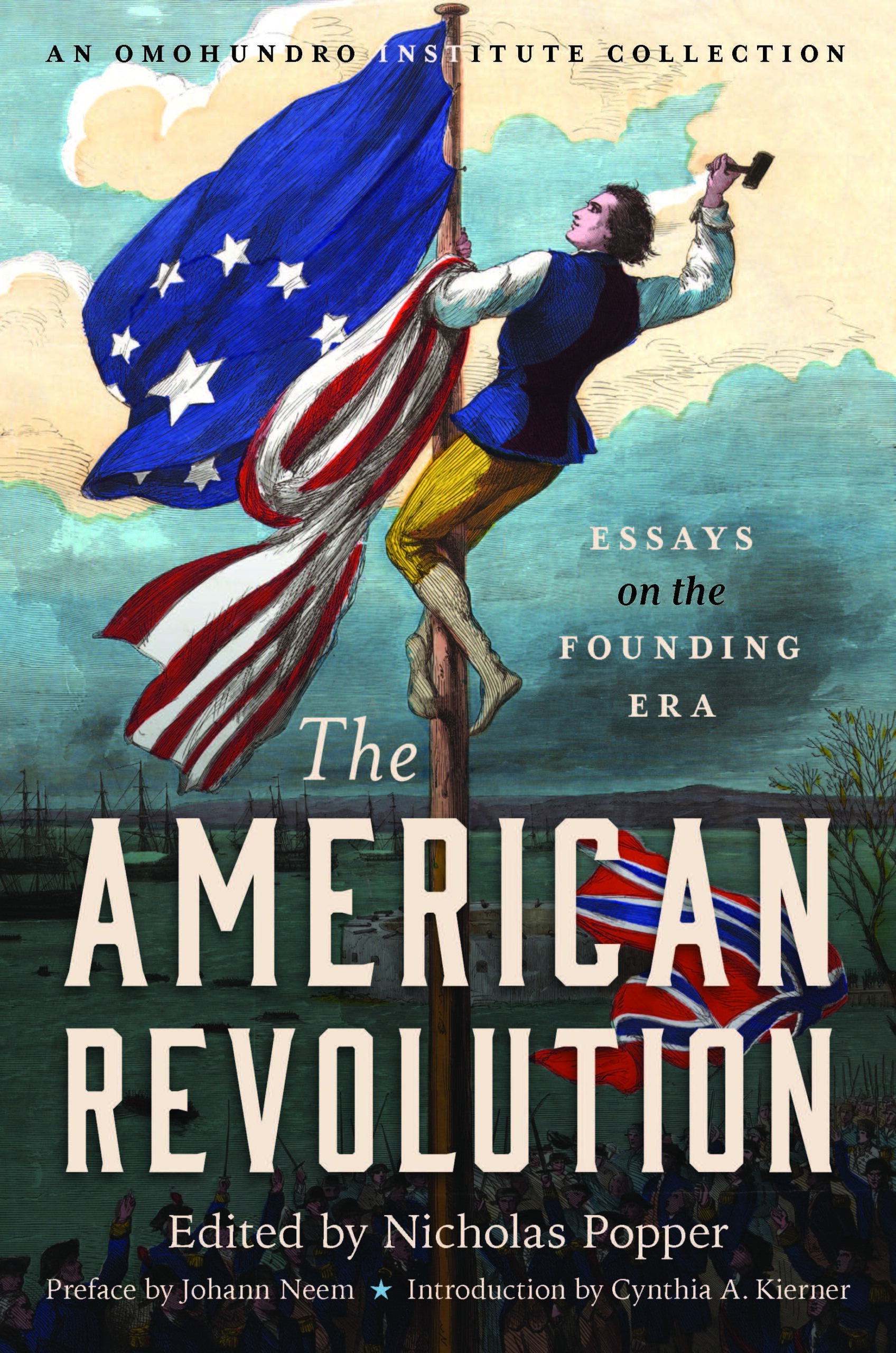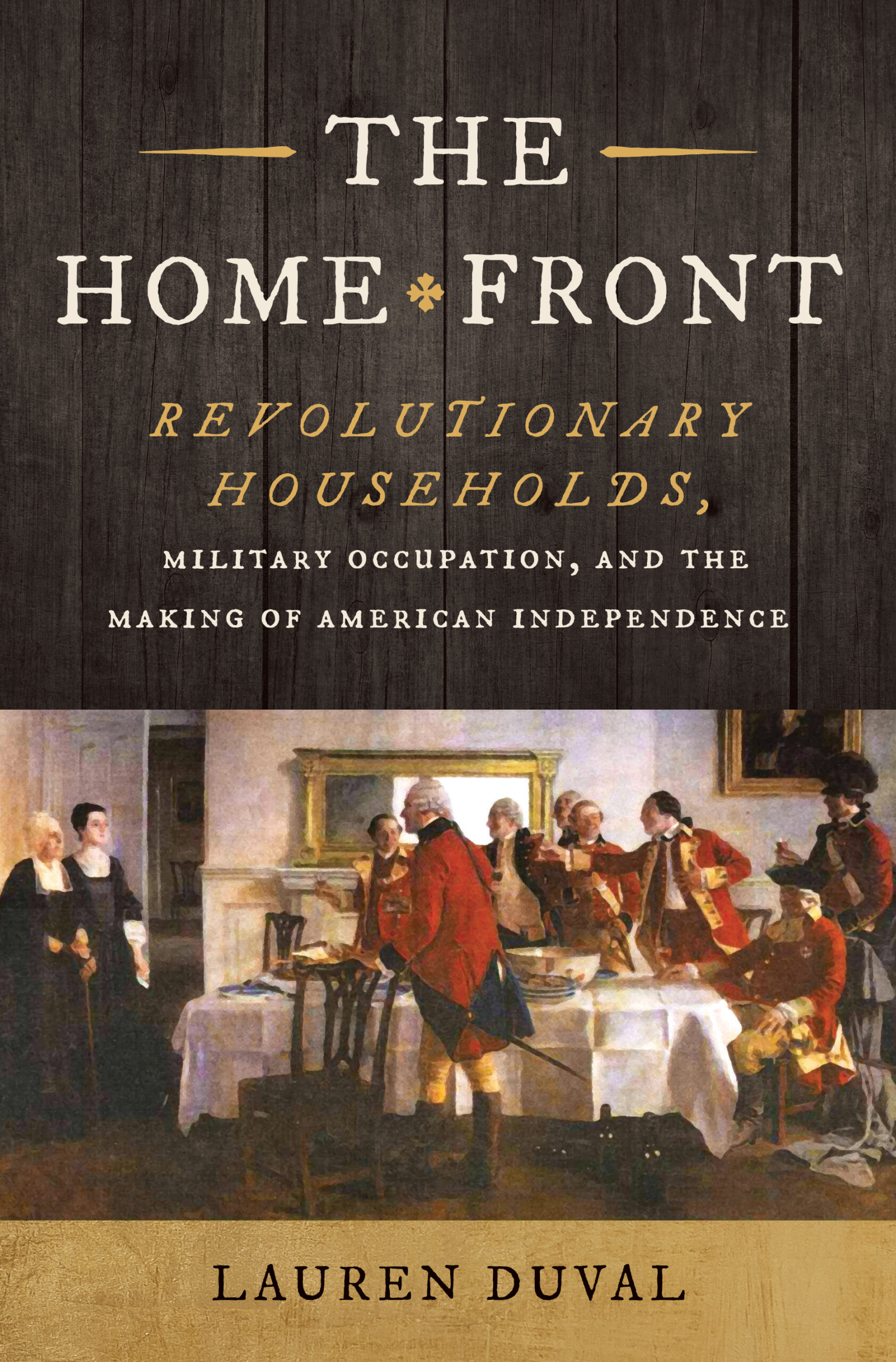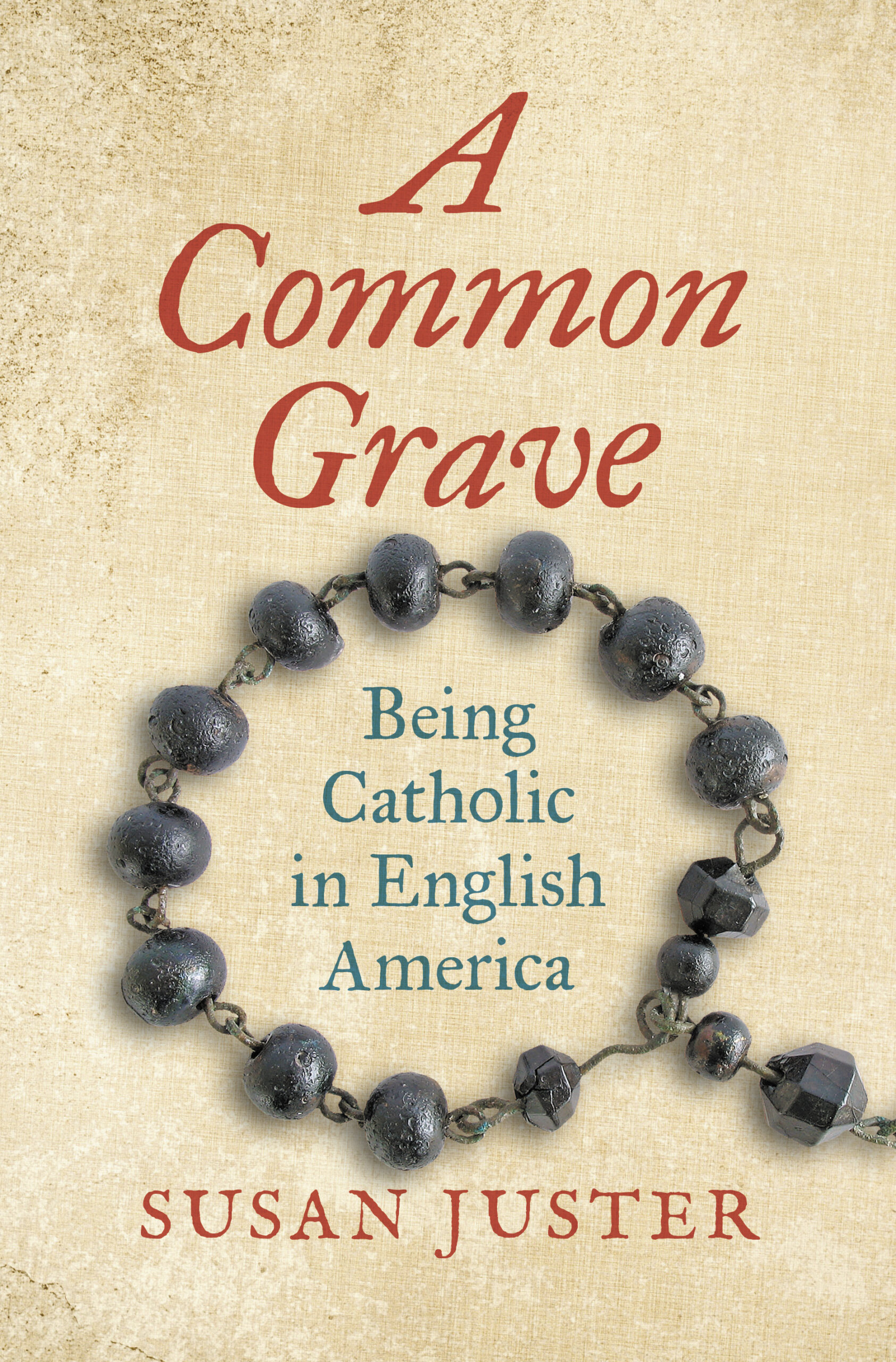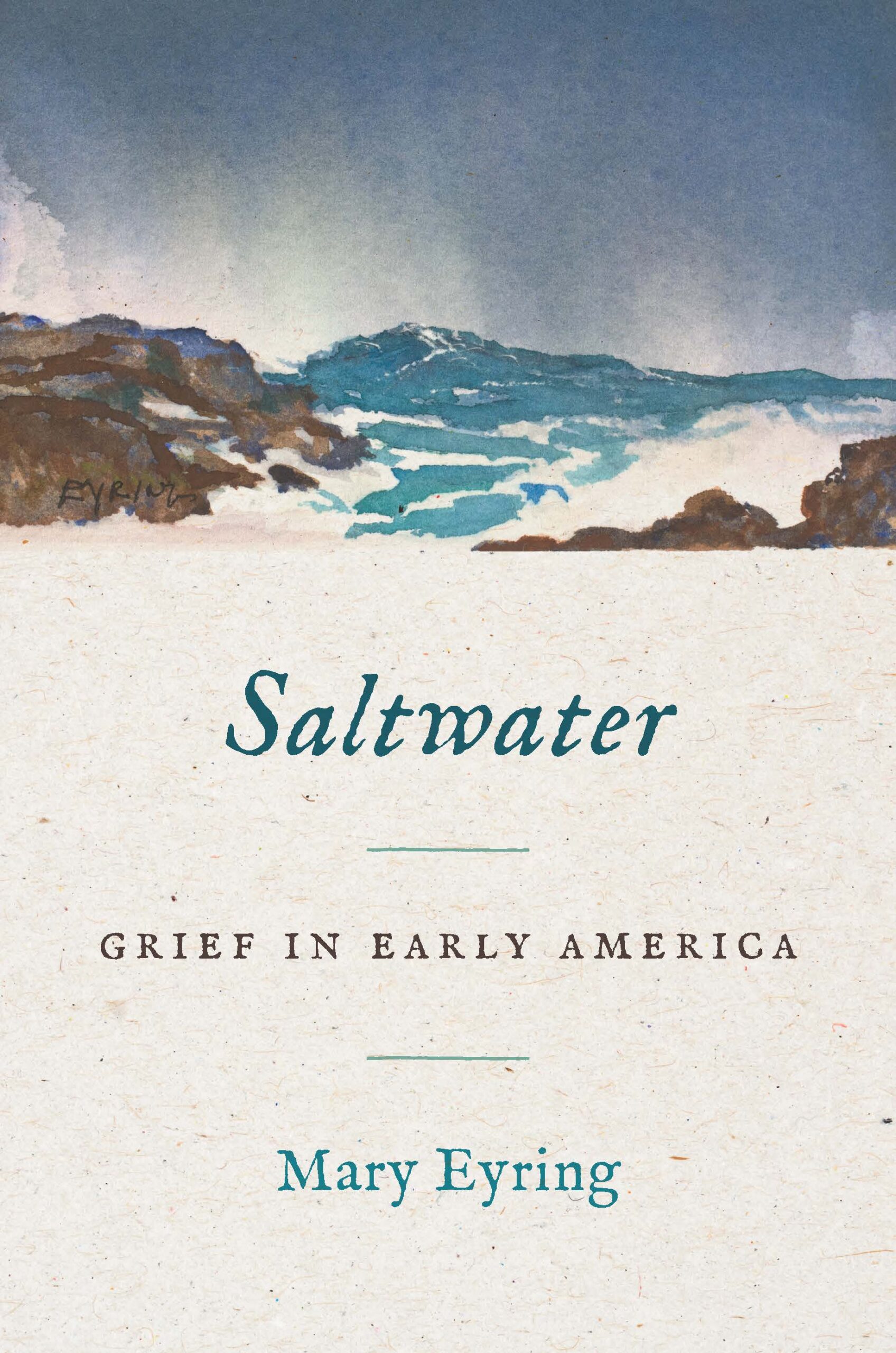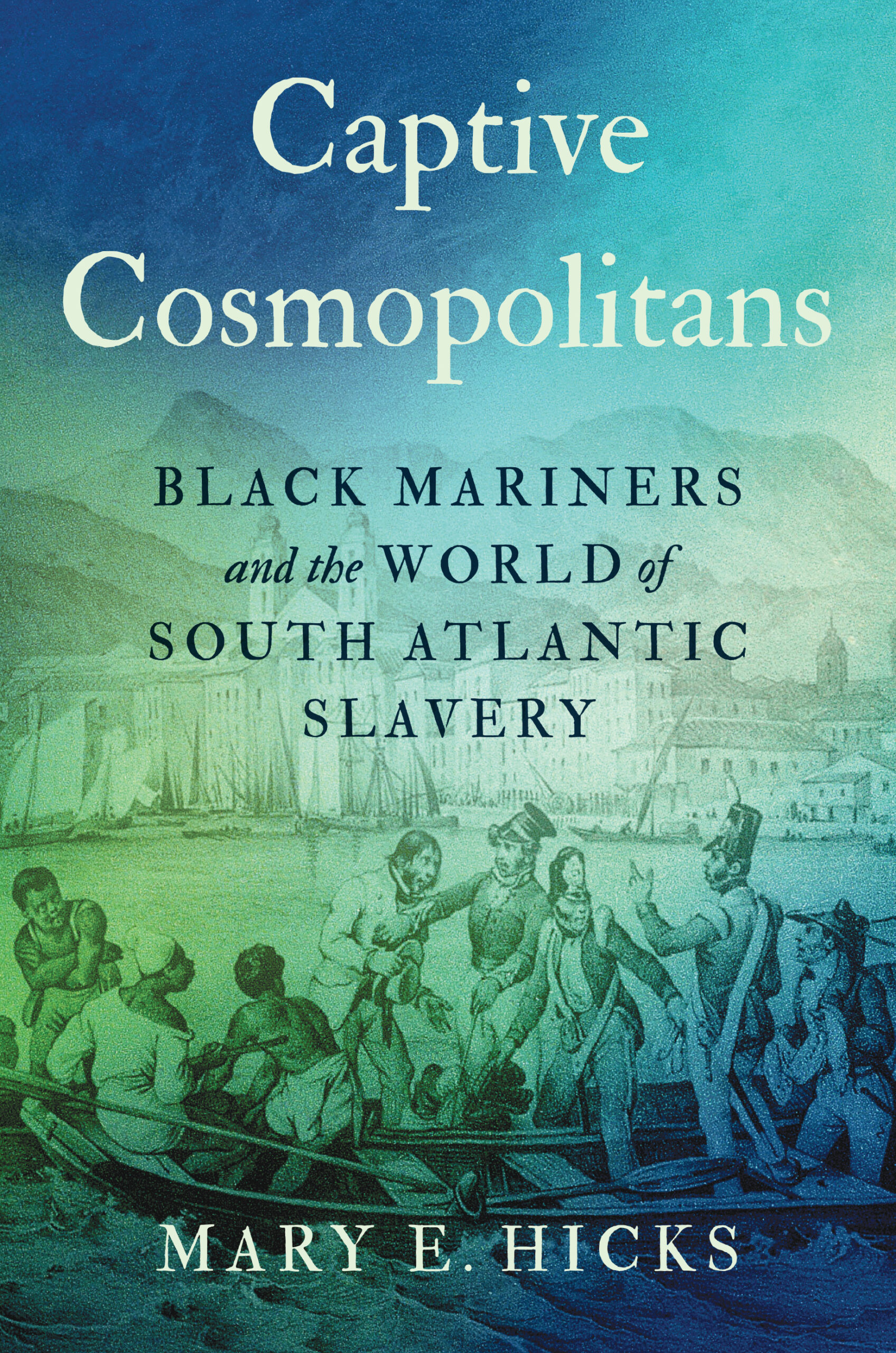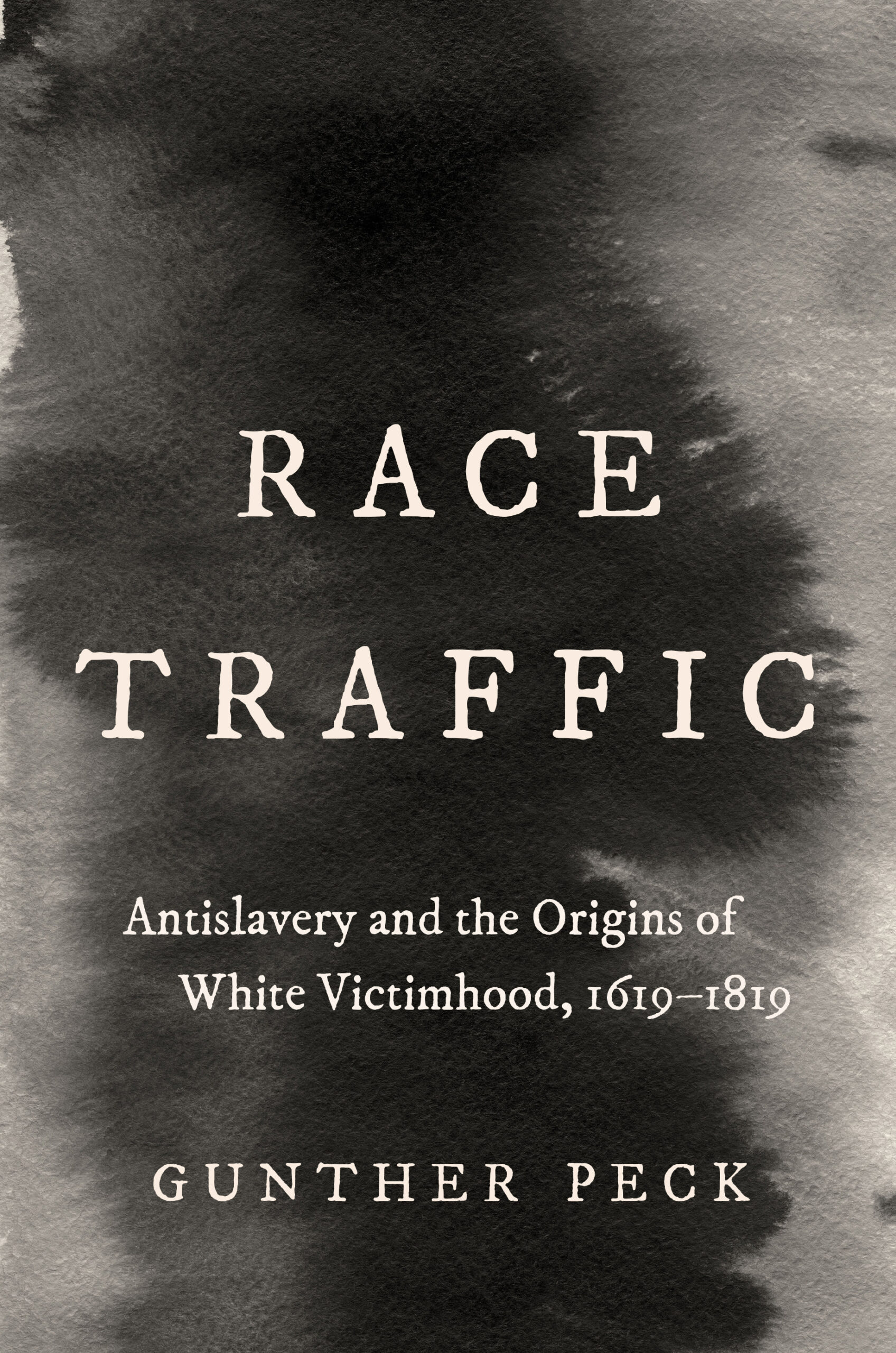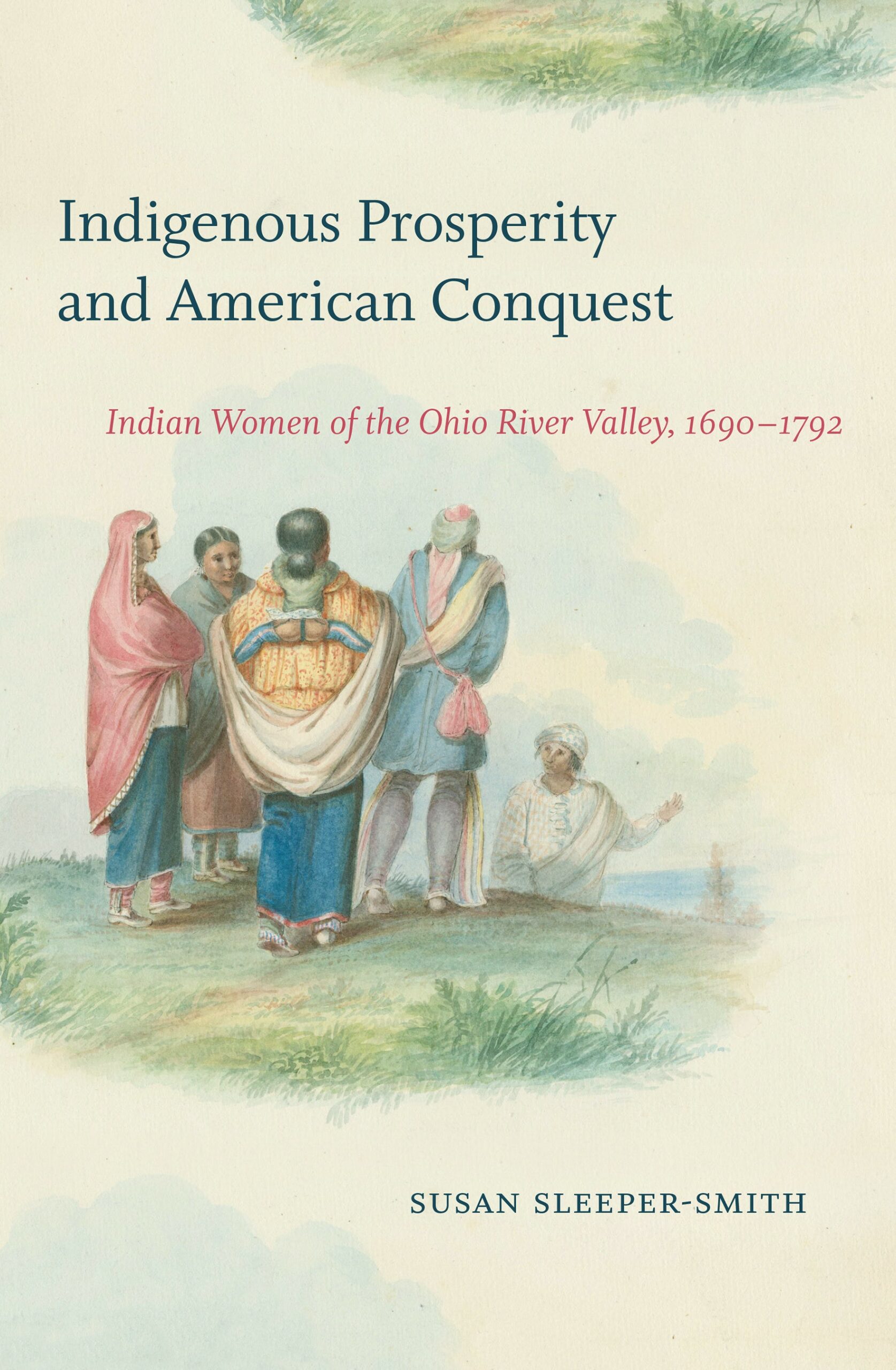
Indigenous Prosperity and American Conquest
Description
Indigenous Prosperity and American Conquest recovers the agrarian village world Indian women created in the lush lands of the Ohio Valley. Algonquian-speaking Indians living in a crescent of towns along the Wabash tributary of the Ohio were able to evade and survive the Iroquois onslaught of the seventeenth century, to absorb French traders and Indigenous refugees, to export peltry, and to harvest riparian, wetland, and terrestrial resources of every description and breathtaking richness. These prosperous Native communities frustrated French and British imperial designs, controlled the Ohio Valley, and confederated when faced with the challenge of American invasion.
By the late eighteenth century, Montreal silversmiths were sending their best work to Wabash Indian villages, Ohio Indian women were setting the fashions for Indigenous clothing, and European visitors were marveling at the sturdy homes and generous hospitality of trading entrepots such as Miamitown. Confederacy, agrarian abundance, and nascent urbanity were, however, both too much and not enough. Kentucky settlers and American leaders—like George Washington and Henry Knox—coveted Indian lands and targeted the Indian women who worked them. Americans took women and children hostage to coerce male warriors to come to the treaty table to cede their homelands. Appalachian squatters, aspiring land barons, and ambitious generals invaded this settled agrarian world, burned crops, looted towns, and erased evidence of Ohio Indian achievement. This book restores the Ohio River valley as Native space.
About The Author
Susan Sleeper-Smith is professor of history at Michigan State University. She has authored one previous book and edited four essay volumes.
Awards
Honorable Mention, Ray Allen Billington Prize, Organization of American Historians (2019)
Reviews
“Compelling . . . Offers a highly readable account of vital women’s roles in the widespread Indian settlements of the Ohio River valley.”–Journal of American History
“Clearly written, well researched, and intellectually engaging. . . . Not only does the author restore the voices of Indigenous women . . . she also challenges persuasively the master narrative that has justified the excesses of American expansion.”–Western Historical Quarterly
“Susan Sleeper-Smith’s pioneering research on the fur trade and American Indian women has proved to be . . . influential. Her new book builds on her expertise with impressive interdisciplinary research, evocative writing, and ambitious sweep.”–Journal of Southern History
“Long-awaited. . . . Sleeper-Smith’s important new work reminds us how much our historical knowledge relies on unexamined non-Native assumptions about Native gender constructions and how very differently Native history appears when Native constructions of gender are employed in their stead.”–American Historical Review
“Without question, Sleeper-Smith’s contribution to indigenous women’s history and regional history during this period remains invaluable. Her archival sources, including archeological data and environmental studies, are expansive. She argues clearly and consistently that indigenous women were pivotal to the prosperity and success of Native communities in the region.”–Indiana Magazine of History
“The stakes of Indigenous Prosperity and American Conquest are many and its interventions significant. . . . The work to disentangle Indigenous lifeways from explanatory systems imbricated in expansionist policies and colonialist historiography continues, and Indigenous Prosperity and American Conquest offers a set of practices that suggests one way forward.”–Eighteenth-Century Fiction
“In this deeply researched and richly argued book, Susan Sleeper-Smith upends [the] narrative of embattled survivors and replaces it with a convincing depiction of a prosperous and wealthy multiethnic Indigenous world in the Ohio River Valley that was thriving in spite of imperial contests and invasions.”–NAIS
“In overlooking the vital role of women in creating and sustaining Ohio Valley Indians’ rich agricultural system, historians have ignored what George Washington knew all too well. Starting with his 1791 order to imprison Indian women and children, Susan Sleeper-Smith uncovers the productive village life that supported prosperous commerce with colonial traders and enabled resistance to U.S. encroachment. In-depth archival research, careful attention to Indigenous knowledge, and innovative use of environmental evidence make her book a virtuoso interdisciplinary study and a stunning historical revelation.”–Daniel H. Usner Jr., Vanderbilt University
“An eye-opening, revisionist expose of American expansion, Indigenous Prosperity and American Conquest lucidly narrates how the Ohio River valley’s thriving Native world of agricultural productivity, fur-trading acumen, and lavish material culture fell victim to a covetous, militant aggression as Americans took possession.”–Nancy Shoemaker, University of Connecticut
“Weaving together material culture, archaeology, and far-flung archives, Sleeper-Smith draws an engrossing portrait of the pan-Indian world of the Ohio Valley–created, not by military and political leaders, but rather by women whose agrarian, artisanal, and commercial labors transformed it into an economically bounteous place along la belle riviere–before its calculated plunder and destruction at the direction of the U.S. government.”–Juliana Barr, Duke University
